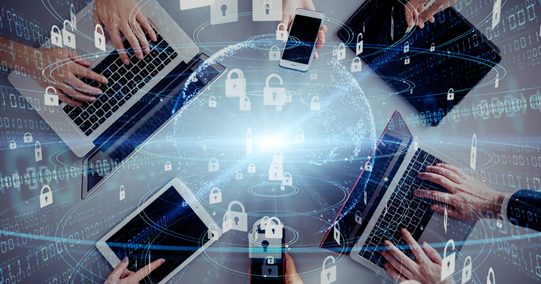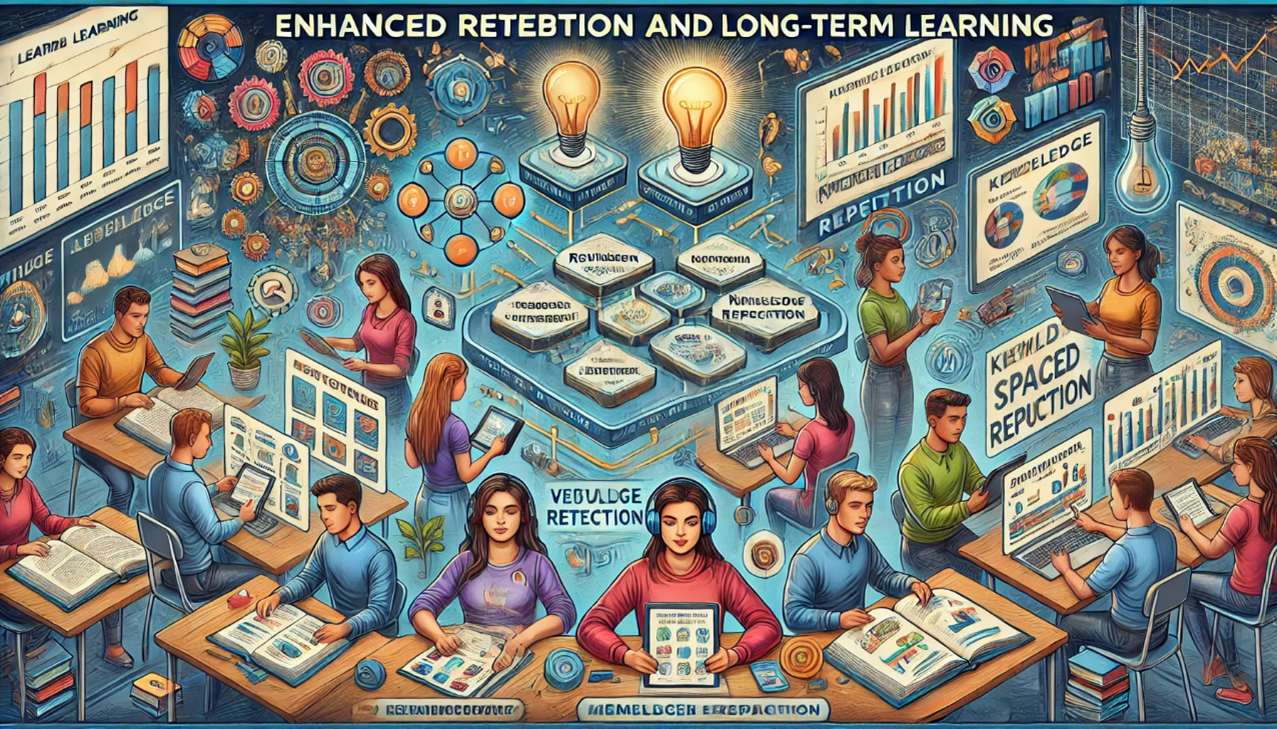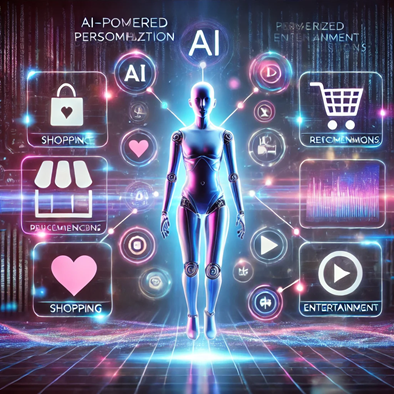How can AI optimize the performance of IoT devices in smart homes and industries?

How can AI optimize the performance of IoT devices in smart homes and industries?
by Nathaniel 02:27pm Feb 04, 2025

How can AI optimize the performance of IoT devices in smart homes and industries?
AI can optimize the performance of IoT (Internet of Things) devices in smart homes and industries by improving efficiency, reliability, and automation across various systems. Here's how AI achieves this:
1. Predictive Maintenance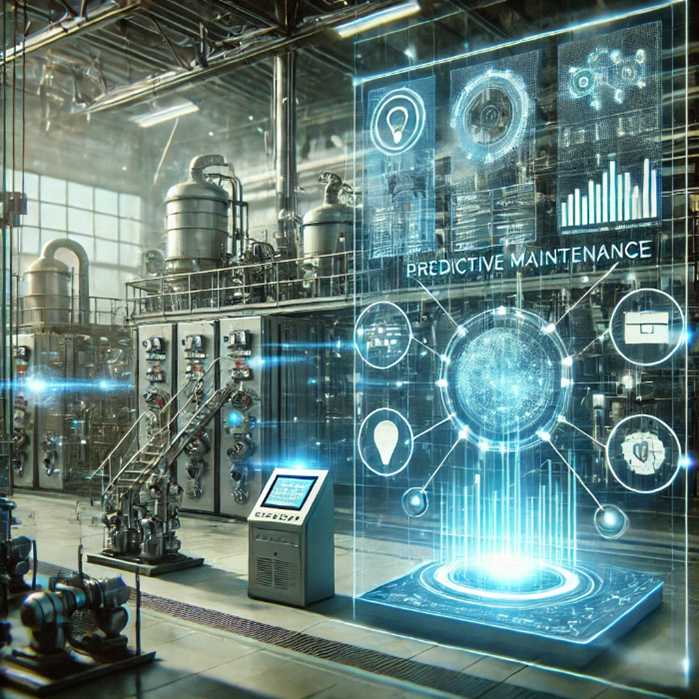
Smart Homes:AI can predict failures in home appliances such as HVAC systems, washing machines, and refrigerators by analyzing patterns in usage and performance. This reduces downtime and helps avoid costly repairs.
Industries:In industrial settings, AI can analyze data from sensors embedded in machines to predict when a machine might fail. This enables proactive maintenance, reducing unplanned downtime and optimizing the use of machinery.
2. Energy Efficiency and Optimization
Smart Homes:AI can optimize energy consumption by learning usage patterns. It can control heating, lighting, and appliances based on user preferences and environmental conditions. For example, AI-powered thermostats can adjust temperatures in real time to ensure comfort while minimizing energy waste.
Industries:In industries, AI can help optimize energy usage in production lines,factory lighting, and equipment, reducing energy costs and environmental impact.
3. Automation and Smart Decision-Making
Smart Homes:AI enables devices to make intelligent decisions based on data from sensors. For instance, an AI-powered system can adjust smart lighting,control security cameras, and even automate shopping lists based on the household’s usage patterns.
Industries:In factories, AI can automate the operation of machines, assembly lines,and logistics. AI can also optimize inventory management, reducing waste and improving supply chain efficiency by predicting demand and making real-time decisions.
4. Data Analysis and Insights
Smart Homes:AI collects data from various IoT devices and analyzes it to offer insights into user behavior and preferences. For instance, AI can recommend home improvements, security upgrades, or lifestyle changes based on the analysis of sensor data (e.g., temperature, motion, and energy consumption).
Industries:AI-powered analytics can process large volumes of sensor data from industrial machines and systems to identify inefficiencies, streamline operations, and improve product quality. By recognizing trends and patterns, AI helps optimize the entire production workflow.
5. Security and Privacy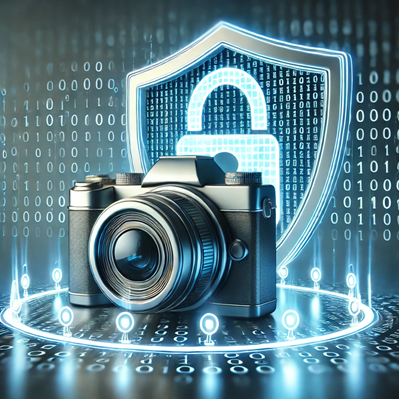
Smart Homes:AI can enhance the security of IoT devices by detecting unusual patterns that may indicate security breaches. It can monitor activity from smart cameras, door sensors, and other devices in real time, sending alerts and even triggering automated responses (e.g., locking doors or activating alarms).
Industries:AI can also help secure industrial IoT networks, identifying vulnerabilities and potential cyberattacks by continuously monitoring network traffic, devices, and communications. It can detect anomalies in real time and provide automated responses to safeguard data and systems.
6. Adaptive Control Systems
Smart Homes:AI can adapt the behavior of smart devices to suit changing conditions.For example, smart heating systems can adjust to weather changes or occupancy patterns, while security systems can learn to distinguish between family members and strangers.
Industries:In industries, AI can dynamically adjust production processes or machine operations based on real-time conditions. For example, it can adjust factory settings for optimal output depending on raw material availability,environmental conditions, and workforce patterns.
7. Enhanced User Experience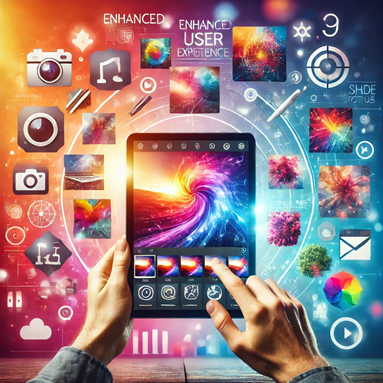
Smart Homes:AI can create more intuitive user interfaces for controlling smart devices. It can understand natural language commands (voice assistants),recognize faces or gestures, and even predict what a user might want to do next (e.g., adjusting the lights based on the time of day or prior actions).
Industries:In industries, AI can improve worker productivity by offering smart assistants or augmenting human tasks with real-time data and recommendations. For example, AI can provide factory workers with up-to-the-minute information about inventory, machine status, and process changes.
8. Edge Computing Integration
Smart Homes:Edge AI can process data from IoT devices locally, reducing latency and reliance on cloud servers. This means real-time actions, such as adjusting the thermostat or lighting based on sensor input, can occur instantly without needing cloud communication.
Industries:In industrial IoT systems, edge AI can enable faster decision-making by processing data on-site. This is particularly useful in environments where rapid responses are critical, such as in robotics, assembly lines, or autonomous vehicles.
9. Interoperability of Devices
Smart Homes:AI can enable better interoperability among different IoT devices from various manufacturers. Through standard protocols or cloud-based AI platforms, AI can allow devices to communicate with each other intelligently, creating seamless automation experiences for users.
Industries:In industrial IoT (IIoT), AI can help integrate diverse systems (e.g.,machinery, logistics, and inventory systems), optimizing workflows and ensuring smoother operations across different platforms.
Conclusion:
AI optimizes IoT devices in both smart homes and industries by making them more intelligent, efficient, secure, and adaptive. Through predictive analytics, automation, and real-time decision-making, AI drives performance improvements that benefit both individual users and large-scale industrial operations. As AI continues to evolve, its ability to integrate with IoT will only enhance the potential for smarter, more sustainable, and more cost-effective systems across various sectors.



